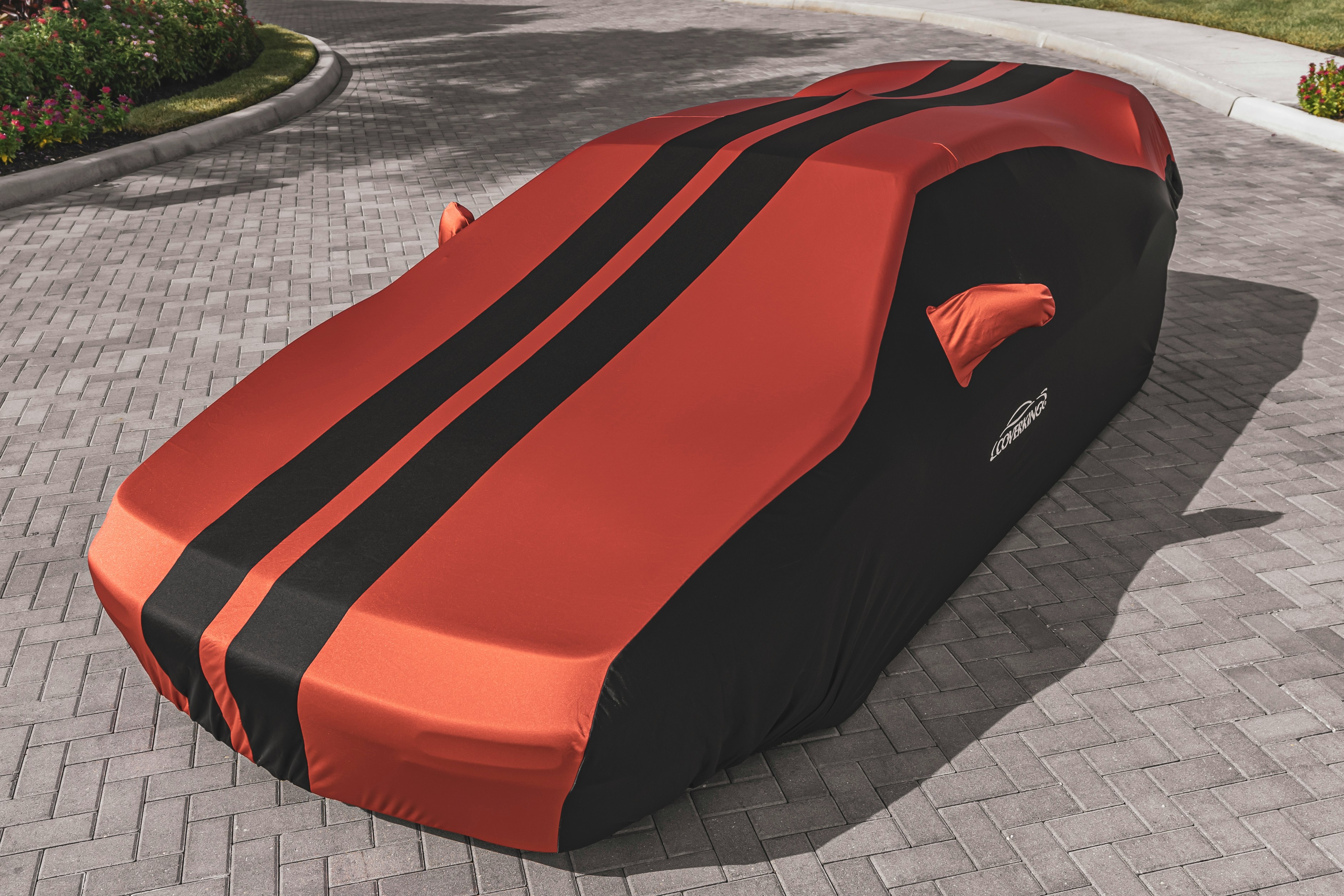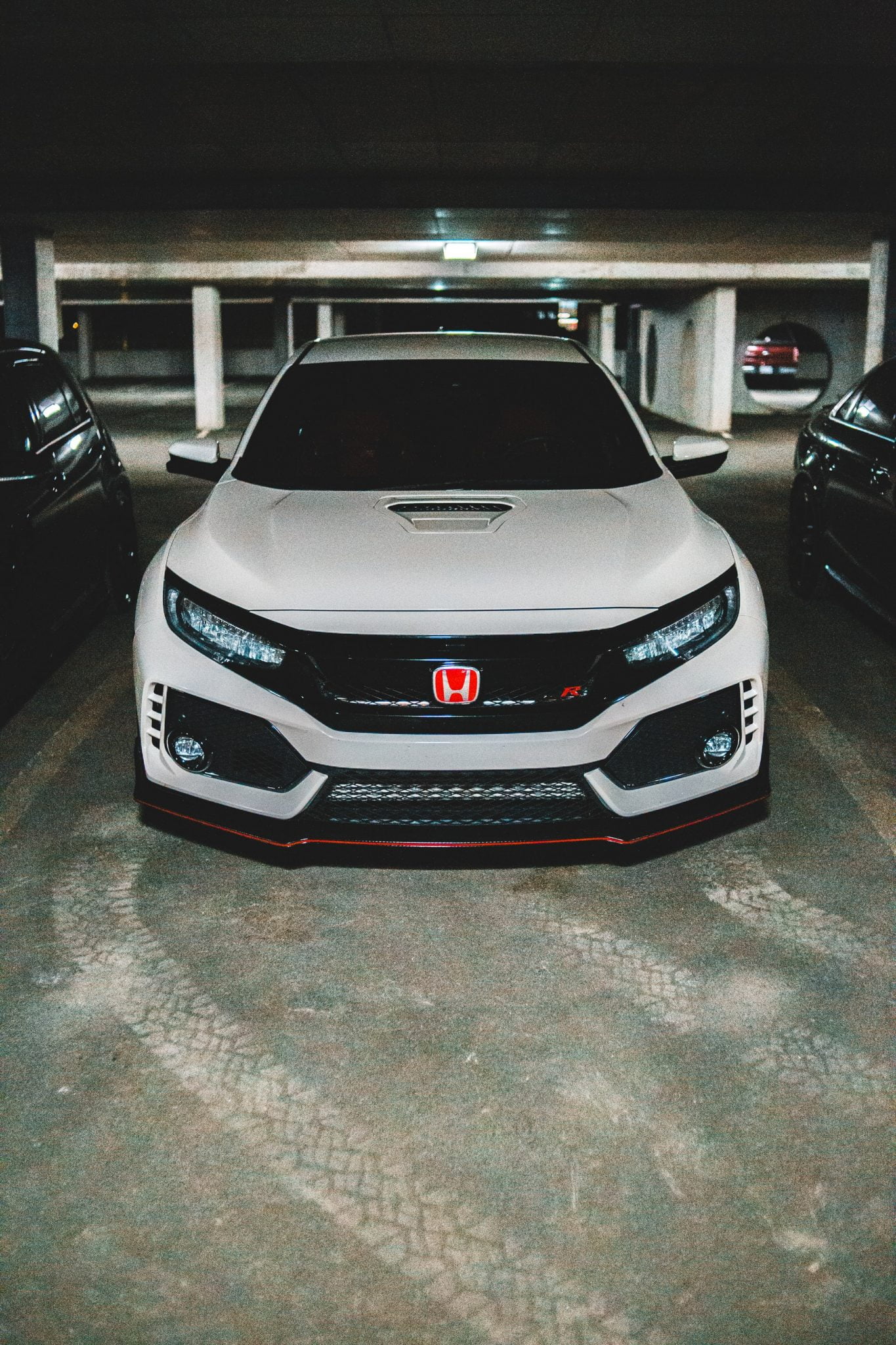It’s not unusual to have to store a car or other vehicle for weeks or months at a time. Maybe you’re going on a long vacation, or maybe your child is leaving for college and can’t take his or her car with them. Regardless, the storage methods you choose for your vehicle can determine how long it runs. A hot, humid parking space can damage a car battery and cause the interior to crack or fade. This is why you need to keep storage in mind whenever you buy a car, truck, or RV. Follow these tips to maximize your storage benefits.
1. Consider renting an available garage.
The best place to park your car or RV is in a garage. Your vehicle will be safe from dangerous elements like the sun, rain, hail, and wind (which can send tree branches flying), and can stay cool in even the hottest temperatures.
There are many options for finding the garage you need. You can use the garage at your own house if it has enough storage space, or you can build a new one on your property. Rwgaragedoors.com is a great place to start if you need a large-scale project for your vehicle storage.
2. Look into renting a storage space.
Some people need their cars and RVs throughout the month, which means they need to access them frequently. However, if you plan to use your RV seasonally—or only once per month—consider renting a storage space where it will be safe and out of your driveway. You can find cheap RV storage options that are still safe and nearby. When you need the RV, you drive to pick it up and then return it to the storage location when you’re done.
3. Get a cover if your car sits outside.
If you can’t find a garage or covered area to park your car, invest in a quality car cover to protect it. A car cover will block any debris or dirt from getting on your vehicle (like bird poop, leaves, and pollen), but it can also help keep your car cool and prevent interior damage. Some covers are made specifically for vehicles in hot temperatures, so you can block out the heat and prevent the wear and sun damage that commonly occur in the summer.

4. Take your vehicle out every few weeks.
Regardless of where you store your vehicle, make sure you have access to it and can drive it every once in a while. When a vehicle sits for several weeks or months on end, the battery starts to die. Even if you have a new battery, you may need to jump your car if it sits without use for too long. Cars that have been left to sit may also have problems with the gas, as the fuel also starts to break down over time.
These problems can be prevented by driving your car or RV every few weeks and checking for problems.
5. Talk to your insurance provider about car storge.
If you upgrade your storage options so your car is placed in a safe area each night, call your car insurance company and ask if they offer any discounts for safe storage. Some insurance providers offer discounts for cars that are parked in garages. This is a safer alternative than parking on the street (where it could incur damage) or parking in a lot where the risk of theft is higher.
You can also use this time to re-evaluate your car insurance provider. Consider finding a local group, like car insurance Tulsa if you live in Oklahoma, to get better premiums and coverage than you otherwise would find.
As you look for a car or RV that you love, consider how you’ll protect your investment. By either finding a home that has a garage or renting space to store your vehicle, you can keep it safe and extend its life for years to come.









